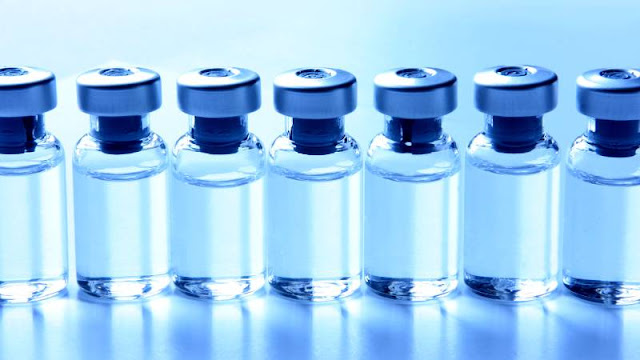alcohol addiction recovery in detox and rehab centers

Introduction
Alcohol addiction is a serious issue that touches millions
of individuals worldwide. Recognizing the need for professional help, many
individuals turn to detox and rehab centers to embark on their journey toward
recovery. These specialized facilities provide a structured environment with
comprehensive treatment programs designed to address the physical,
psychological, and emotional aspects of alcohol addiction. In this article, we
will explore the process of alcohol addiction recovery in detox and rehab centers.
Assessment and Evaluation
Upon entering a detox and rehab center, individuals undergo
a thorough assessment and evaluation process. Medical professionals and
addiction specialists conduct interviews and perform medical examinations to
understand the extent of alcohol addiction, assess any underlying medical
conditions, and identify any co-occurring mental health disorders. This initial
assessment helps develop an individualized treatment plan tailored to each
person's unique needs.
Medical Detoxification
For individuals with severe alcohol addiction, medical
detoxification is often the first step in the recovery process. Detoxification
involves safely and systematically removing alcohol from the body while
managing possible withdrawal symptoms. Medical professionals closely monitor
the individual's physical and psychological well-being during this period and
administer medications, when necessary, to alleviate discomfort and ensure a
safe detoxification process.
Individual and Group Therapy
Therapy plays a crucial role in alcohol addiction recovery.
Detox and rehab centers provide individual therapy sessions where individuals
work one-on-one with a therapist to explore the underlying causes of their
addiction, develop coping mechanisms, and set achievable goals. Additionally,
group therapy sessions allow individuals to connect with peers who are going
through similar experiences. These sessions provide a supportive and
understanding environment where individuals can share their stories, gain
insights, and receive feedback.
Behavioral Therapy
Behavioral therapy is a fundamental component of alcoholaddiction recovery. Detox and rehab centers employ evidence-based approaches
such as cognitive-behavioral therapy (CBT) and dialectical behavior therapy
(DBT). CBT helps individuals identify and modify negative thought patterns and
behaviors associated with alcohol addiction. DBT, on the other hand, focuses on
developing skills to regulate emotions, improve interpersonal relationships,
and prevent relapse. These therapies equip individuals with the tools to manage
triggers and cravings, make healthier choices, and build a strong foundation
for lasting recovery.
Dual Diagnosis Treatment
Many individuals with alcohol addiction also struggle with
co-occurring mental health illnesses such as anxiety, depression, or
post-traumatic stress disorder (PTSD). Detox and rehab centers offer dual
diagnosis treatment, simultaneously addressing the addiction and underlying
mental health condition. This integrated approach ensures that individuals
receive comprehensive care and reduces the risk of relapse associated with
untreated mental health disorders.
Holistic Therapies
Detox and rehab centers often incorporate holistic therapies
to promote overall well-being during the recovery process. These therapies may
include yoga, meditation, art therapy, equine therapy, and acupuncture.
Holistic approaches help individuals manage stress, improve self-awareness, and
develop healthy coping strategies. They also provide opportunities for
self-expression and personal growth, enhancing the overall effectiveness of the
treatment program.
Aftercare and Support
Recovery from alcohol addiction is an continuing process
that requires long-term commitment and support. Detox and rehab centers
recognize the importance of aftercare services and provide individuals with
resources and support systems to maintain sobriety after leaving the facility.
These may include referral to outpatient counseling, support groups, relapse
prevention programs, and ongoing therapy sessions. Aftercare services aim to
help individuals navigate the challenges of daily life while providing a safety
net to prevent relapse.
Conclusion
The process of alcohol addiction recovery in detox and rehab
centers is a comprehensive and structured approach that discourses the
physical, psychological, and emotional aspects of addiction. From assessment
and medical detoxification to therapy, behavioral interventions, and holistic
approaches, these centers provide individuals with the tools and support they
need to achieve and maintain sobriety. By embracing a personalized treatment
plan and aftercare services, individuals can embark on lasting recovery and
reclaim control of their lives.


